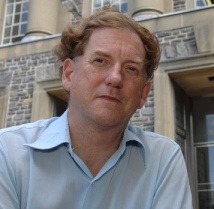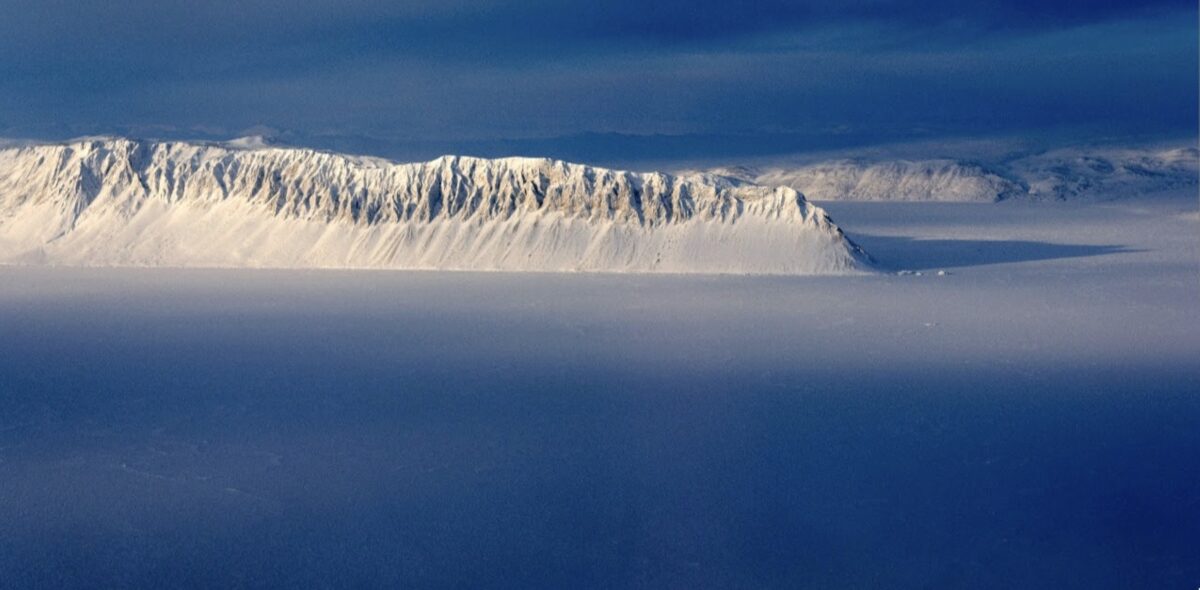
For the past 50 years, the Canadian Scientific and Christian Affiliation has facilitated discussions about science and Christian faith in Canada. As part of our 50th-anniversary celebrations, we asked 50 CSCA members to comment on their personal connections to science, scripture, and Canadian scenery. We will share these contributions throughout 2023 in the hope that you will find them engaging and encouraging.
CSCA member of the week: James Drummond, mostly retired Professor of Physics and Atmospheric Science, Dalhousie University, Halifax, Nova Scotia, Canada
 1. Why did you choose your scientific discipline?
1. Why did you choose your scientific discipline?
My high school physics teachers let me “play” with all kinds of stuff during lunch breaks. Then at university, my physics tutor (who was a Christian, and that’s another story) offered me a summer job (and he paid better than the alternatives) in the atmospheric physics group. I stayed for ten years, and then I took up a faculty position in Toronto, Canada.
2. What is one of your favourite Bible verses and why?
I’m going to be “ornery” — I don’t like Bible verses; the context is really important. I like to think about an entire Gospel or letter, and then I can understand the flow of the narrative. I like the Gospel of Luke because he has a straightforward writing style. I like letters like James and Galatians because you can hear the writer thinking aloud and their emotions as well as reading the words.
3. Which Canadian city or landscape do you love exploring and why?
I worked in the High Arctic (specifically Eureka, NU [80N,86W]), which is very beautiful and extremely remote — 2.5 hours by plane to the next place. The Polar Environment Atmospheric Research Laboratory (PEARL) is there. You get spectacular atmospheric phenomena, and it is like a different planet: the day/night is a year, and physics and chemistry are very, very different there. E.g., in the Rockies, usually you get colder as you go up the hill — in Eureka, usually you get warmer as you go up the hill.
